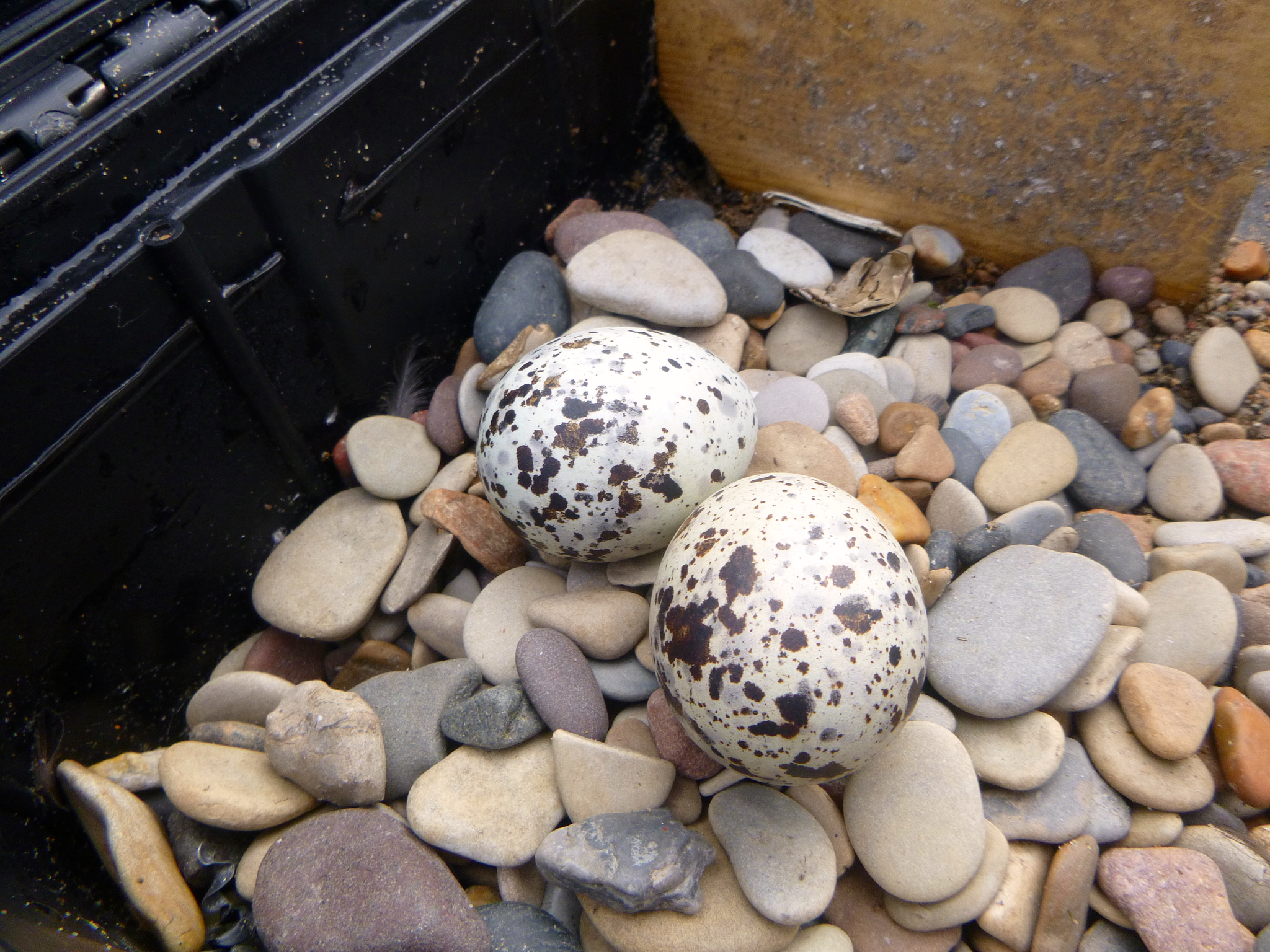June 19, 2018: After several weather-related delays, Search and Rescue pilots transported George and his gear to Cooper Island. His cabin is packed floor to ceiling with supplies stored over the winter, and he arrived with 800 pounds of equipment to support his 44th season studying Black Guillemots. Read more about the start of the...
Category: Field Notes
Science literacy website reporting on our field season
Proteus: storytelling for a blue planet, is a science communication website promoting science literacy and ocean awareness. A special series titled Arctic Change will be following our work this summer. The first post about Cooper Island research, Arctic Summer Home, is live.
Annual Seattle Update March 20th
Join us at Seattle’s Swedish Club, 1920 Dexter Ave N. , on Tuesday March 20, 2018 to hear about the eventful 2017 field season, the 43rd consecutive year of study of the Black Guillemot colony on Cooper Island, Alaska. Doors open for a reception at 6 pm with a talk starting at 7 pm. The...
Canary in the Climate Mine: Arctic Seabird’s Future Is on Thin Ice
Oceans Deeply recently had a story about our work and the poor 2017 breeding season after an October interview with George Divoky. Oceans Deeply is part of News Deeply – an “award-winning new media company dedicated to covering the world’s most important and underreported stories.” The story was written by Jessica Leber and illustrated with...
June 2017 – The Arctic continues to surprise
The Arctic is warming twice as fast as the rest of the world. For the past 42 years I have had a front row seat on Cooper Island off northern Alaska studying the Black Guillemot, a high Arctic seabird that is responding to the earlier snow melt and diminishing summer sea ice cover. Early melting...
Annual Seattle Update March 14 2017 Town Hall Seattle
Extraordinary Arctic Climate Change in the New Abnormal Tuesday March 14th, Town Hall Seattle The pace of Arctic warming accelerated in 2016 causing an unprecedented melt of snow and sea ice during the globe’s warmest year on record – see links below. Now 2017 has started with the disconcerting news that the federal government is...
If it’s Polar, Go Solar
Most Alaskans and others who live in bear country are familiar with the adage that provides species-specific advice on how one should react in a close encounter with a bear in the wild. “If it’s black, fight back. If it’s brown, get down.” The rhyme is premised on black bears being small enough (and, relatively,...
Trying to stay optimistic in a seabird colony that is half full – when it is really half empty
The standard and far-too-simplistic “test” of whether someone is an optimist or a pessimist is to ask if they consider half a glass of water to be half full or half empty. The major flaw in the test is that it implies a steady state situation. If the glass is being filled with water, one...
The Earliest Year
During the 1970s, in my first years in Arctic Alaska, people would talk about it being a “late year” or “early year” when discussing the timing of snowmelt, arrival of birds, flowering of plants, or the melting of sea ice. It was generally assumed one would rarely or ever see an “average year” but that over time annual...
Earliest breeding season in 42 years
The record setting snowmelt in Barrow this spring has resulted in the earliest breeding season for the Black Guillemots on Cooper Island in the 42 years the colony has been studied. Median date of egg laying (when 50 percent of the nests have eggs) was June 16th. Three days earlier than the previous record – set in 2015. Early...
